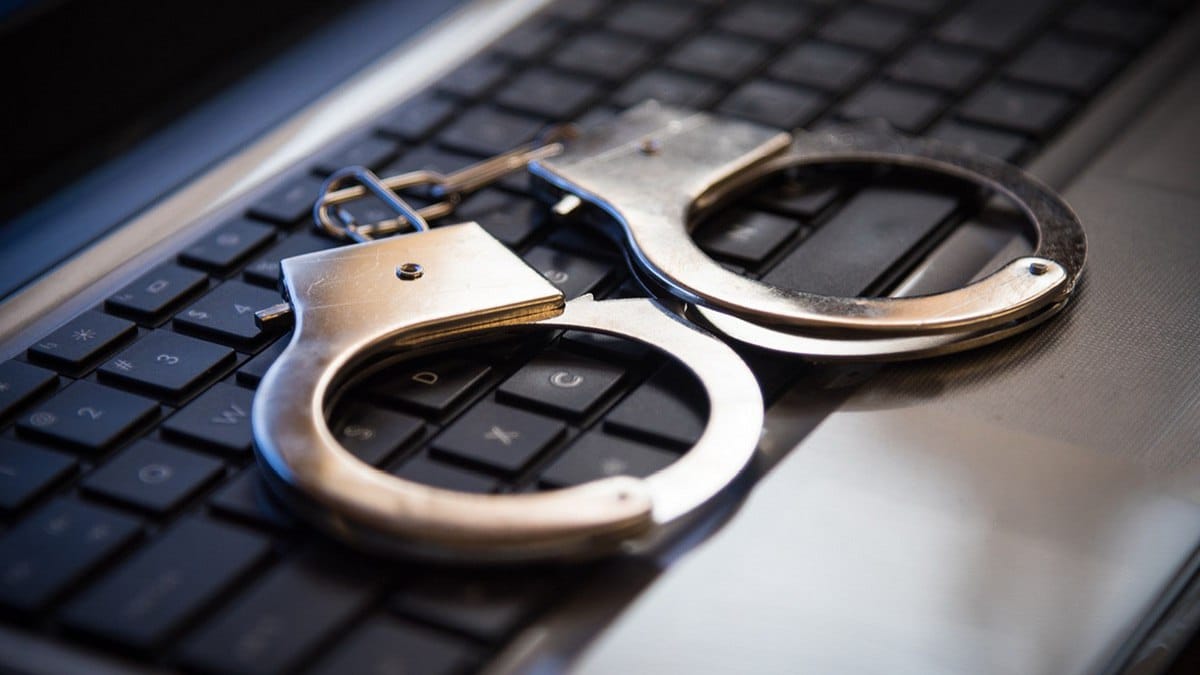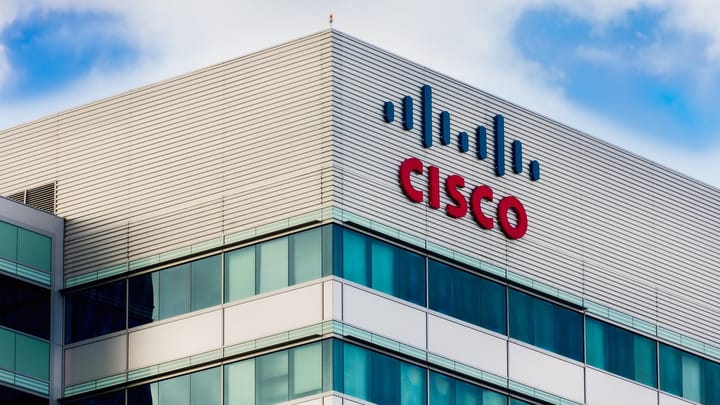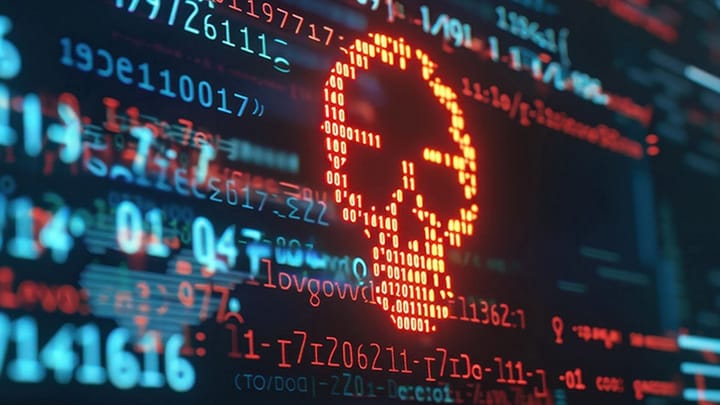Russian IT Association Proposes Criminal Penalties for Pirated Software

The executive director of Russia's Association of Computer and Information Technology Enterprises (APKIT) has proposed introducing criminal liability for using pirated software, sparking immediate controversy within the country's tech sector.
Nikolai Komlev announced the initiative on October 27, 2025, at a meeting of the digitalization working group under the Commissioner for the Protection of Entrepreneurs' Rights. He argues that the threat of prison sentences could accelerate Russia's transition to domestic software.
The Proposal
According to Vedomosti, Komlev is proposing amendments to the Arbitration Procedure Code and the Code of Administrative Offenses. APKIT—which represents dozens of Russia's largest IT companies, including MTS, Yandex, 1C, DNS, Wildberries, T1, and Kaspersky Lab—has already drafted specific legislative proposals and offered to share its expertise with law enforcement agencies, including the prosecutor's office.
Komlev contends that aggressive anti-piracy enforcement would address multiple issues simultaneously. He argues that widespread unlicensed software use deprives domestic developers of revenue, undermines import substitution efforts, and reduces tax income for the state budget.
"If we can overcome even 5-10 percentage points of piracy, there you have it: additional budget funds and accelerated import substitution. And there's no need to introduce new taxes," Komlev told Vedomosti.
Proposed Changes to Existing Law
Separately, Komlev advocated for lowering the threshold for criminal liability under Article 146 of the Russian Criminal Code, which addresses copyright violations. He believes recent changes "excessively and sharply" raised the threshold, depriving up to 85% of Russian rights holders of criminal legal protection.
That "softening measure" was personally approved by President Vladimir Putin. In June 2024, Putin signed legislation significantly reducing penalties for pirated content use. The threshold for a large-scale offense increased from 100,000 rubles to 500,000 rubles, while the especially large-scale offense threshold jumped from 1 million to 2 million rubles.
Strong Pushback from Industry Leader
The proposal drew immediate criticism from Natalya Kasperskaya, chairwoman of the Association of Software Developers "Domestic Software" and president of the Infowatch Group of Companies.
Kasperskaya pointed out that many Russians would purchase foreign software licenses but cannot due to geopolitical constraints. She noted the irony that Komlev himself uses a Windows laptop, despite Microsoft exiting the Russian market in early March 2022. Komlev responded that the operating system came pre-installed by the device manufacturer.
More fundamentally, Kasperskaya emphasized that Russian operating systems remain incompatible with much existing application software. She argued this compatibility problem must be resolved before discussing any liability for piracy.
"Russian development companies practically do not suffer from piracy; they don't have time to complete import substitution," Kasperskaya stated. She warned that expanded criminal liability would harm small businesses and millions of ordinary Russians.
Government Response
Representatives from the Ministry of Digital Development stated they have not yet received formal proposals from APKIT regarding new measures to prosecute pirated software users.


